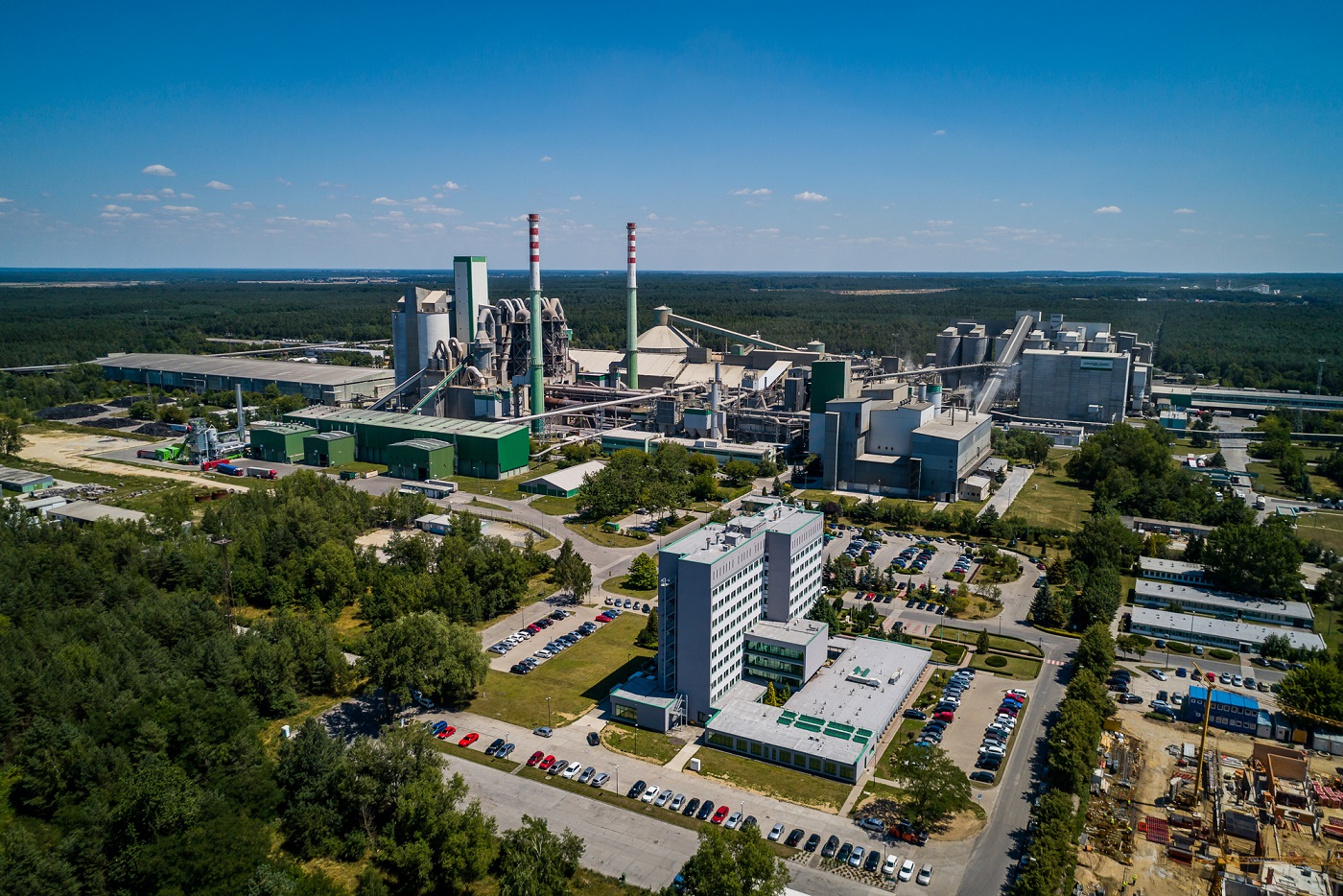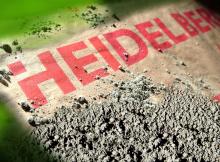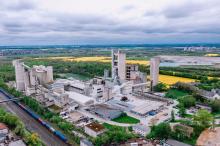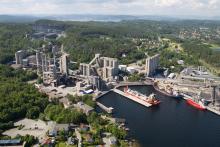
A consortium led by Sintef Energi AS, Norway, Project ACCSESS (ACCSESS) aims to significantly cut the costs of the CCUS (carbon capture utilisation & storage) value chain and link CO₂-emitters from mainland Europe to storage fields in the North Sea.
ACCSESS has been funded with €15 million from the EU’s Horizon 2020 programme.
As part of ACCSESS, HeidelbergCement landmark pilot of CCUS technology in Eastern Europe will see the German global building materials giant demonstrate an innovative post combustion capture technology at its Górażdże cement plant in Poland.
The further development of CCUS pathways is a central part of HeidelbergCement’s carbon neutrality roadmap. Earlier this week, Project ACCSESS was officially presented by the coordinator Sintef Energi AS from Norway. A consortium of 18 industry partners and research organisations will collaborate in a range of activities to speed up deployment of CCUS and link CO₂ emitters from mainland Europe to the storage fields in the Nordics. The programme of €18 million in total was rewarded €15 million out of the EU Horizon 2020 budget.
“As part of our participation in ACCSESS, HeidelbergCement will pilot a new carbon capture technology in Poland,” said Dr. Dominik von Achten, chairman of HeidelbergCement’s managing board. “The tests of an enzyme-based capture unit at our Górażdże plant will deliver important insights how we can further reduce costs in the capture process. At the same time, it will emphasise our strategy to expand CCUS further into our Eastern European based assets”. The enzyme-based capture unit will allow broader use of the waste heat and will simplify the control of secondary emissions.
For HeidelbergCement, the ACCSESS project is comprised of three focal points. In addition to testing the separation technology in Poland, HeidelbergCement and its partners will carry out a study to explore the optimal integration of a carbon capture unit at the Hanover plant in Germany. The third pillar focuses on all aspects of transporting CO₂ from sites in mainland Europe to Norway, including all regulatory aspects of cross-border CO₂ transport. The consortium will develop transport systems from the Hanover and Górażdże cement plants to Norway's Northern Lights storage facility – a joint project by the oil and gas companies Equinor, Shell and TotalEnergies.
The ACCSESS project is slated for a duration of 48 months, from May 2021 to April 2025. It is being coordinated by Sintef and other 17 partners from academia and industry.









